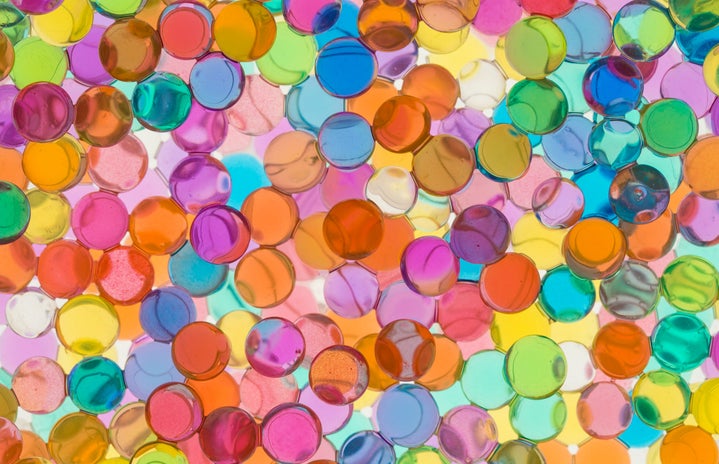Photo by Thomas Mareel
Today it seems the fashion world is almost synonymous with poor mental health. The glitz of the runway and the glam of the after parties seem too focused on some unattainable goal for beauty to notice the pressures it puts on those working in the field and those consuming it.
To find evidence of this, you don’t need to look far. Consider the tragic loss of Alexander McQueen. After dealing with the struggle of depression and anxiety, common in the fashion industry, McQueen (who is still a great loss to the industry today) took his own life. Unfortunately, he is not an outlier in his profession. Whether in management, marketing or design, working in such an intensive field demands creativity and originality in an ever-changing climate of 24 hour shopping. This seems to be a tall order that anyone would struggle to stay a part of.
But, more can be said for those people being influenced by the fashion culture itself. For the consumer, a healthy body image is seriously at risk when surrounded by the demands of the fashion industry. This problem arises because designers aspire to and fantasize about an image in their head and when that is translated into reality—their idea is still a fantasy, so it leaves many falling short of it. One of the more notable mental health problems that arises from this are eating disorders. In Britain alone, 3.5 million women suffer from some form of an eating disorder. With billboards, runways, and Instagram posts, it is impossible to avoid the influence of the fashion world. You can’t help but feel that perfection is fashionable and everything else is “passé”.
However, Wear Your Label might be tackling this very problem with their inspirational slogan: “It’s okay not to be okay.”
Kayley Reed and Kyle MacNevin were inspired to create Wear Your Label to fight the stigmas surrounding mental health in general. At the same time, it also breaks the stigmas surrounding the fashion industry being harmful to one’s mental health. Wear Your Label mirrors the refreshingly open environment of the local mental health organization that the two founders had previously volunteered at. They were so moved by the openness with which people there shared about their situation that they wanted to bring it to a wider audience. Hence, a brand dedicated to making slogan T-shirts openly discussing mental health.
Having a brand that promoted a healthy mental state instead of promoting its own name was well received by many people and soon people all over the globe were wearing their merchandise. Their success carved a new path for fashion and mental health to work together. Plus, everyone seemed to love the wordplay in the brand’s name and the fact that the laundry labels offer the wearers self-care tips. But, Wear Your Label, as it turns out, is not all about the clothing.
If you check out the Wear Your Label website homepage, you will find that more than just the online shop is available. Actually, it is more of a platform for people to share and heal together. On their “Poetry Tees” tab, for example, simply browsing for clothing becomes an intimate moment for artists to disclose their struggles and for the reader to connect with them. Poets like Alison Malee and Tyler Knott Greyson get spotlighted for their courageous poems and so, more people are being reached. The online shopping is conducted allows for health issues to finally get a voice. This carries on to their WYL blog.
Besides donating 10% of their profits, Wear Your Label created a blog for people to share their experiences. They celebrate role models and their international community on a regular basis to ensure that they take responsibility for the change they want to see in how people talk about mental health. Whether they knew it or not when it was created, this label is now changing the fashion world one small runway at a time.
Considering again the often unhealthy relationship between mental health and the fashion industry, more people should take note of what Wear Your Label has done during its short existence in the fashion culture world. Slowly, but surely, more people are taking an interest in the Corporate Social Responsibility a fashion brand has. This is outlined by fashion commentator and professor, Caryn Franklin, who explains that besides being just a successful industry, fashion is part of a culture and therefore should recognize their greater influence. This can be done by altering their brand image, like Aerie did with their #AerieReal campaign, or by offering stress management courses for their employees. However, the first step that needs to take place within these famous fashionable brands is allowing people to open up about mental health; they need to wear their label.
La Cle

